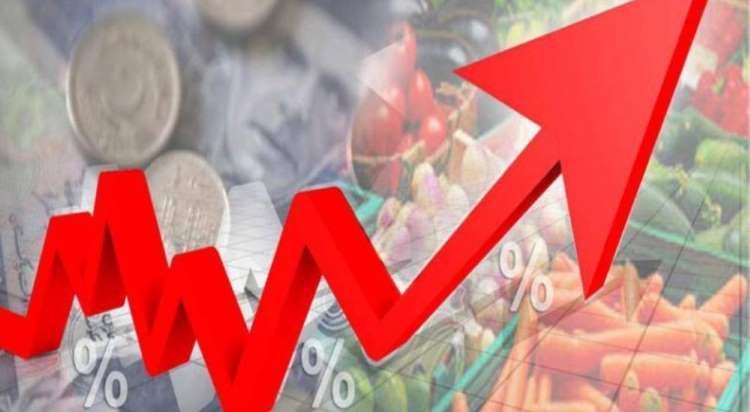Nigeria’s inflation rate drops to 23.71%

The National Bureau of Statistics (NBS) has reported a marginal decline in Nigeria’s inflation rate, which dropped to 23.71% in April 2025, from 24.23% in March 2025.
According to the NBS, this change reflects a 0.52% decrease in the headline inflation rate compared to March.
“The movement for April 2025 headline inflation rate showed a decrease of 0.52% compared to the March 2025 Headline inflation rate,” the bureau stated.
On a monthly basis, the headline inflation rate stood at 1.86% in April 2025, representing a 2.04% decrease from the 3.90% recorded in March. “On a month-on-month basis, the Headline inflation rate in April 2025 was 1.86%, which was 2.04% lower than the rate recorded in March 2025 (3.90%),” NBS said.
The food inflation rate for April 2025 was recorded at 21.36% year-on-year, which is significantly lower—by 19.27%—compared to 40.53% in April 2024. The NBS attributed this sharp decline to methodological adjustments.
“The significant decline in the food annual inflation figure is technically due to the change in the base year,” the bureau explained.
On a month-on-month basis, food inflation eased slightly to 2.06% in April, down from 2.18% in March. “However, on a month-on-month basis, the Food inflation rate in April 2025 was 2.06%, down by 0.12% compared to March 2025 (2.18%),” the NBS added.
The decline was linked to falling prices of essential food items. “The decrease can be attributed to the rate of decrease in the average prices of Maize (Corn) Flour, Wheat Grain, Okra Dried, Yam Flour, Soya Beans, Rice, Bambara beans, Brown Beans, etc.”
Regionally, food inflation on a year-on-year basis was highest in Benue (51.76%), Ekiti (34.05%), and Kebbi (33.82%), while Ebonyi (7.19%), Adamawa (9.52%), and Ogun (9.91%) saw the slowest increases.
On a month-to-month basis, food inflation was highest in Benue (25.59%), Ekiti (16.73%), and Yobe (13.92%), whereas Ebonyi (-14.43%), Kano (-11.37%), and Ogun (-7.06%) experienced food price declines.




